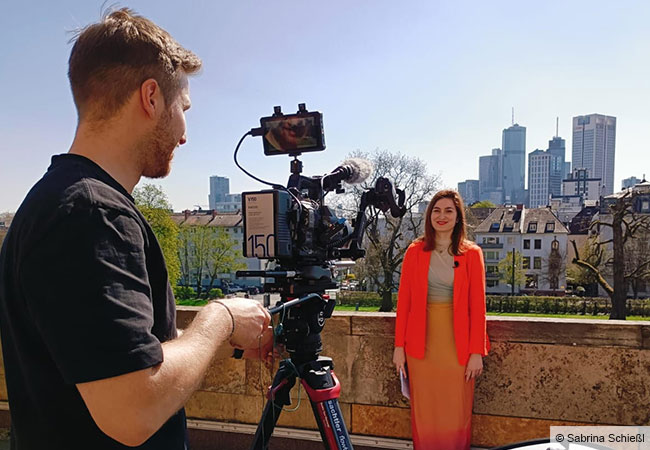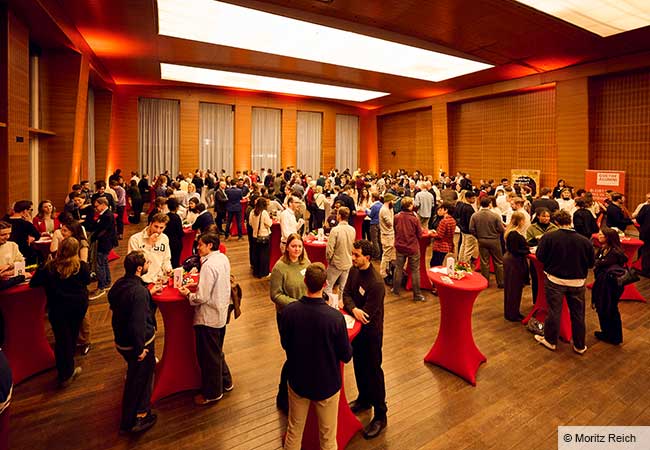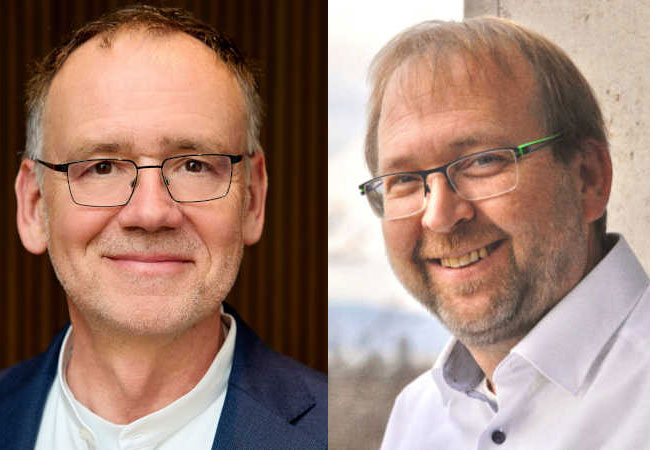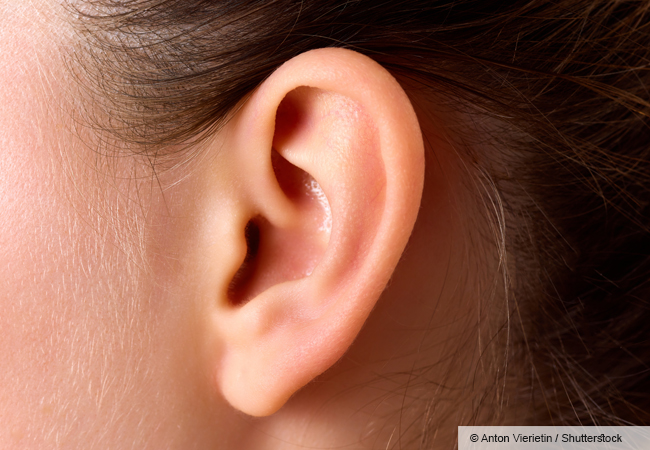New science network brings together 16 institutions from the greater Frankfurt/Rhine-Main region. Memorandum of Understanding on future cooperation within the Frankfurt Alliance signed on January 30.
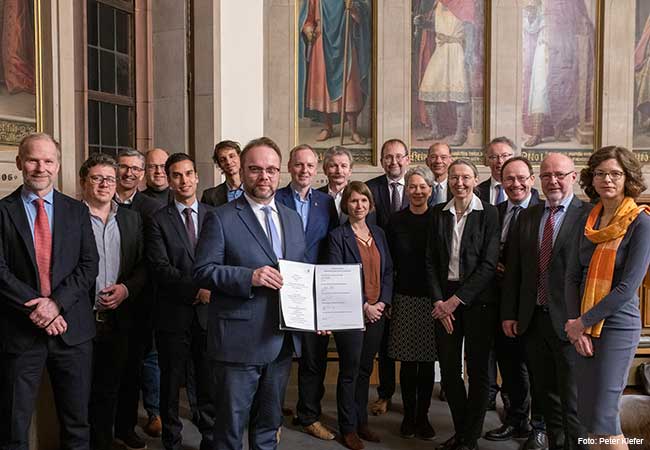
The Frankfurt/Rhine-Main science region is characterized by a high density of research institutions that are already interconnected in many ways, based on common research interests and numerous cooperation agreements. To meet the major challenges of the 21st century and work together on new solutions, however, requires closer cooperation: That is why, as an initial step, 16 institutions have now joined forces and set up the Frankfurt Alliance, which is comprised of institutes from the four major scientific organizations in the Frankfurt/Rhine-Main metropolitan region, one federal institution, as well as Goethe University Frankfurt. The idea behind the network and its joint framework conditions is to create synergies and counteract the increasing segregation of work processes and research topics.
By simplifying the conditions for joint research, reducing existing obstacles in the respective administrations by means of overarching regulations, establishing joint structures and infrastructures, and vigorously representing the interests of Frankfurt’s excellent scientists in the political arena, the Frankfurt Alliance provides the framework not only for joint research, but also the transformation of scientific structures. In addition, joint activities are expected to result in closer integration between the institutions. The vision is to further develop the Frankfurt/Rhine-Main region as a leading research hub in Europe and to further increase its international standing and attractiveness for top-level research.
Frankfurt Alliance’s first joint public event will be a science festival, to be held in downtown Frankfurt on September 28, at which the participating institutions will present themselves to the public.
Bettina Stark-Watzinger, Federal Minister of Education and Research: „I congratulate all parties involved as well as the Frankfurt/Rhine-Main region for having established the Frankfurt Alliance. In today’s world, which presents us not only with great challenges but also opportunities, it is more important than ever to bundle excellence and intensify cooperation. The new science network created here holds enormous potential, and I wish it the utmost success.“
Timon Gremmels, Hessian Minister for Higher Education, Research, Science and the Arts: „Science and research are essential to mastering the transformation processes of our time and at the same time securing our democracy – something which will be all the more successful by joining forces. The Frankfurt Alliance will make the outstanding research and transfer work in Frankfurt and the Rhine-Main region even more effective and visible – whether with regard to internationalization, research infrastructures or personnel recruitment. The latter is particularly important, especially in view of increasing competition for the best scientific minds. That is why the Hessian Ministry of Higher Education, Research, Science and the Arts Culture is supporting the Frankfurt Alliance both this year and next with a total of more than €500.000.“
Mike Josef, Lord Mayor of the City of Frankfurt: „The new science network is a great initiative that many people have been waiting for. Frankfurt is an excellent science and research location – two areas with which the city must be even more closely associated. This initiative is an important step in this direction. Better networking among our science and research institutions, including at an administrative level, increases the attractiveness of the entire region, enabling us to better recruit and retain skilled workers.“
Dr. Bastian Bergerhoff, Frankfurt City Treasurer: „An extremely strong alliance has come together here, which will boost Frankfurt as a science location and promote cooperation in the region. Science is, after all, also a driving force for the economy, culture and urban society, and creates material and immaterial prosperity – which is why it plays such an important role in terms of location, too. There is great potential here, which can be leveraged even better together.“
Prof. Dr. Enrico Schleiff, President of Goethe University Frankfurt: „The Memorandum of Understanding is an important step on the path to even closer networking between the scientific institutions in Frankfurt. Together, we have the unique potential to work on the important issues of the future and enter into a productive dialog with the public. I am already looking forward to September’s science festival, and am convinced that its exciting program will bring together many interested people from the Frankfurt/Rhine-Main region and beyond and convey just how great an impact science in Frankfurt has on the economy, society and the shaping of political opinions.“
The members of the Frankfurt Alliance:
- DIPF | – Leibniz Institute for Research and Information in Education
- Leibniz Institute for Financial Research SAFE
- Peace Research Institute Frankfurt (PRIF)
- Senckenberg Society for Nature Research (SGN)
- Helmholtz Centre for Heavy Ion Research (GSI)
- Fraunhofer Institute for Translational Medicine and Pharmacology (ITMP)
- Fraunhofer Institute for Secure Information Technology (SIT)
- the Max Planck Institutes for Biophysics (MPIBP), Empirical Aesthetics (MPIAe), Heart & Lung Research (MPIHL), Brain Research (MPIBR), and Legal History & Legal Theory (MPILHLT)
- Ernst Strüngmann Institute for Neuroscience (ESI)
- Paul-Ehrlich-Institut (PEI)
- the Frankfurt site of the German Cancer Consortium (DKTK)
- Goethe University Frankfurt



